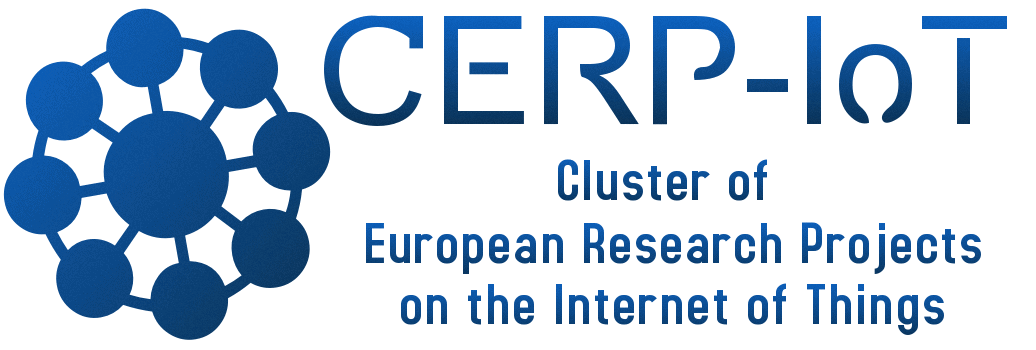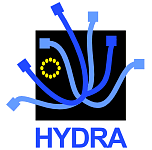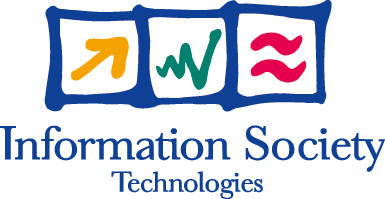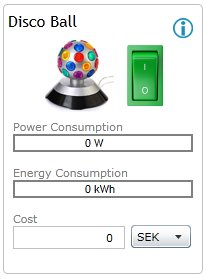
 Go Mobile with Hydra and Download Smart Phone Home Control Application for Windows Mobile. Hydra releases the first version of a compact Windows Mobile application that allows you to use your Smart Phone to control your home. Whenever you want, where ever your are in the world!
Go Mobile with Hydra and Download Smart Phone Home Control Application for Windows Mobile. Hydra releases the first version of a compact Windows Mobile application that allows you to use your Smart Phone to control your home. Whenever you want, where ever your are in the world! Hydra also announces a "Hydra For Dummies"-demo and tutorial, which will teach you in 10 easy steps how to become a professional Hydra Developer.
 This breathtaking online demo shows a Smart Home application that has been built using the Hydra middleware and tools. It shows you a room layout, where available devices are displayed. By clicking on them you can control and interact with the physical devices that you see in the above camera. You can switch between different tabs to get temperature, air pressure, wind speed. You can also control a fan to create wind that will cause the wind meter to change.
This breathtaking online demo shows a Smart Home application that has been built using the Hydra middleware and tools. It shows you a room layout, where available devices are displayed. By clicking on them you can control and interact with the physical devices that you see in the above camera. You can switch between different tabs to get temperature, air pressure, wind speed. You can also control a fan to create wind that will cause the wind meter to change.  As part of the Hydra consortium's work on semantic interoperability and webservice on devices, University of Aarhus has produced four papers which has been accepted at various events. The papers deals with self-managed pervasive middleware, ontologies for webservices on devices, OWL/SWRL approaches and Limbo, an ontology based web service compiler.
As part of the Hydra consortium's work on semantic interoperability and webservice on devices, University of Aarhus has produced four papers which has been accepted at various events. The papers deals with self-managed pervasive middleware, ontologies for webservices on devices, OWL/SWRL approaches and Limbo, an ontology based web service compiler.
Page 2 of 2: 12





 The Hydra project is co-funded by the
The Hydra project is co-funded by the 





